On Aug. 16, 1955, Paul Robeson lost his court appeal to have the U.S. State Department grant him a passport. An internationally renowned singer, actor, and speaker, Robeson was denied the right by the U.S. government to international travel in 1950 because of his political beliefs.
Prior to that he had traveled extensively, as in this photo at the World Peace Conference in Paris on April 20, 1949 with W. E. B. Du Bois, shortly before the State Department ruling.
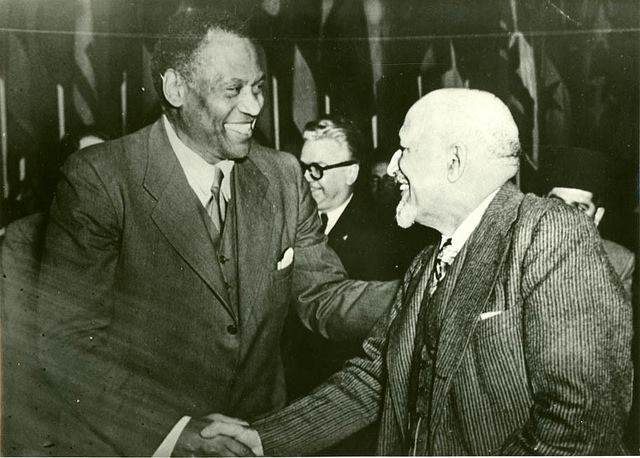
Paul Robeson with W. E. B. Du Bois in Paris. Source: Special Collections and University Archives, University Libraries, UMass. – Amherst
Paul Robeson was one of the most important figures of the 20th century. He was a “renaissance man” — an acclaimed athlete, actor, singer, cultural scholar, author, lawyer, and internationally-renowned political activist.
In addition to losing his right to travel, as explained in “What Paul Robeson Said” by Gilbert King in Smithsonian Magazine,
Robeson’s name was stricken from the college All-America football teams. Newsreel footage of him was destroyed, recordings were erased and there was a clear effort in the media to avoid any mention of his name. Years later, he was brought before HUAC and asked to identify members of the Communist Party and to admit to his own membership. Robeson reminded the committee that he was a lawyer and that the Communist Party was a legal party in the United States; then he invoked his Fifth Amendment rights. He closed his testimony by saying, “You gentlemen belong with the Alien and Sedition Acts, and you are the nonpatriots, and you are the un-Americans, and you ought to be ashamed of yourselves.”
Learn More
Documentary film, Paul Robeson: The Renaissance Man (PBS)
Eslanda: The Large and Unconventional Life of Mrs. Paul Robeson by Barbara Ransby
See more resources below.

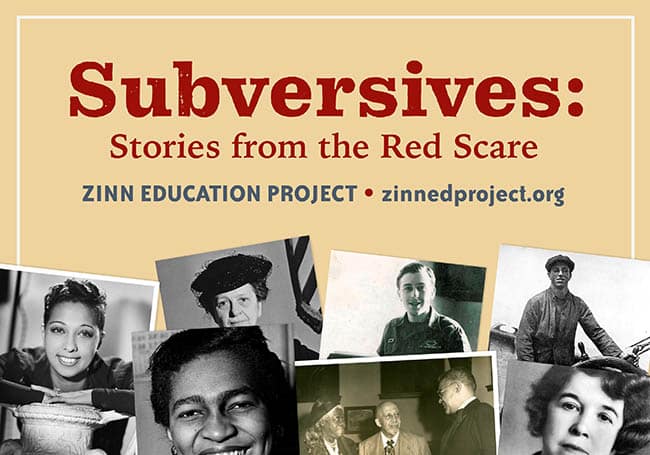
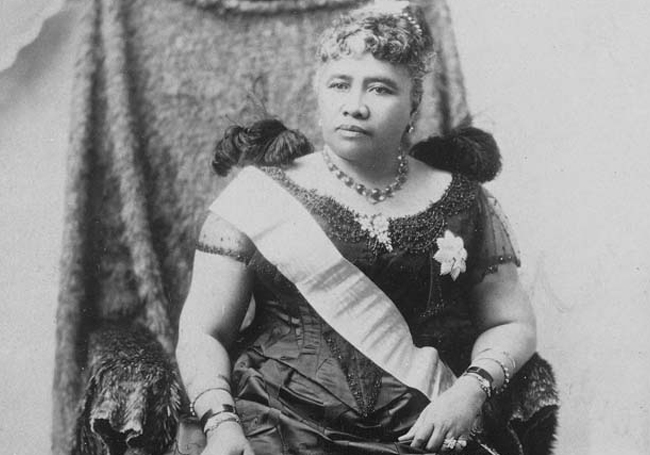

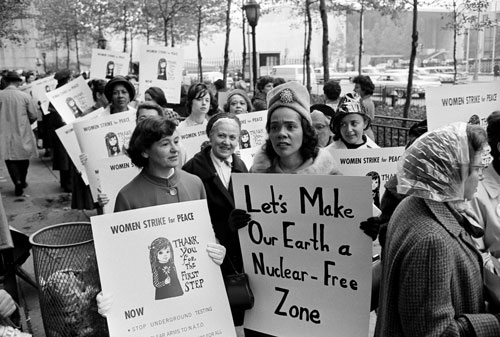
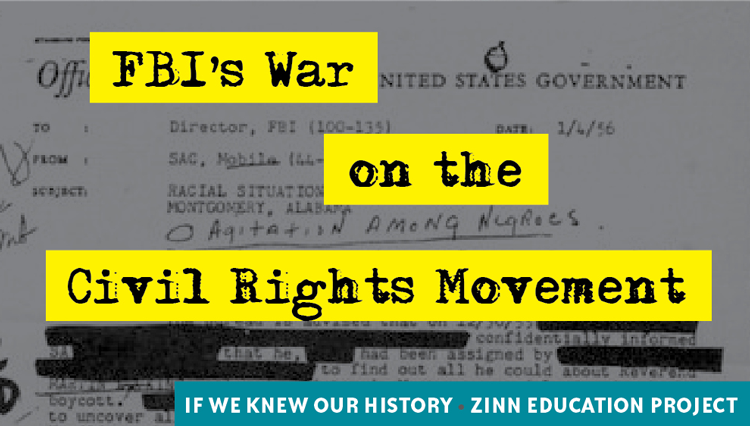

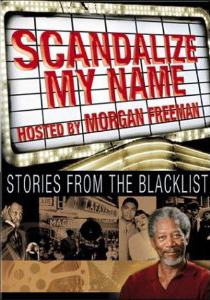
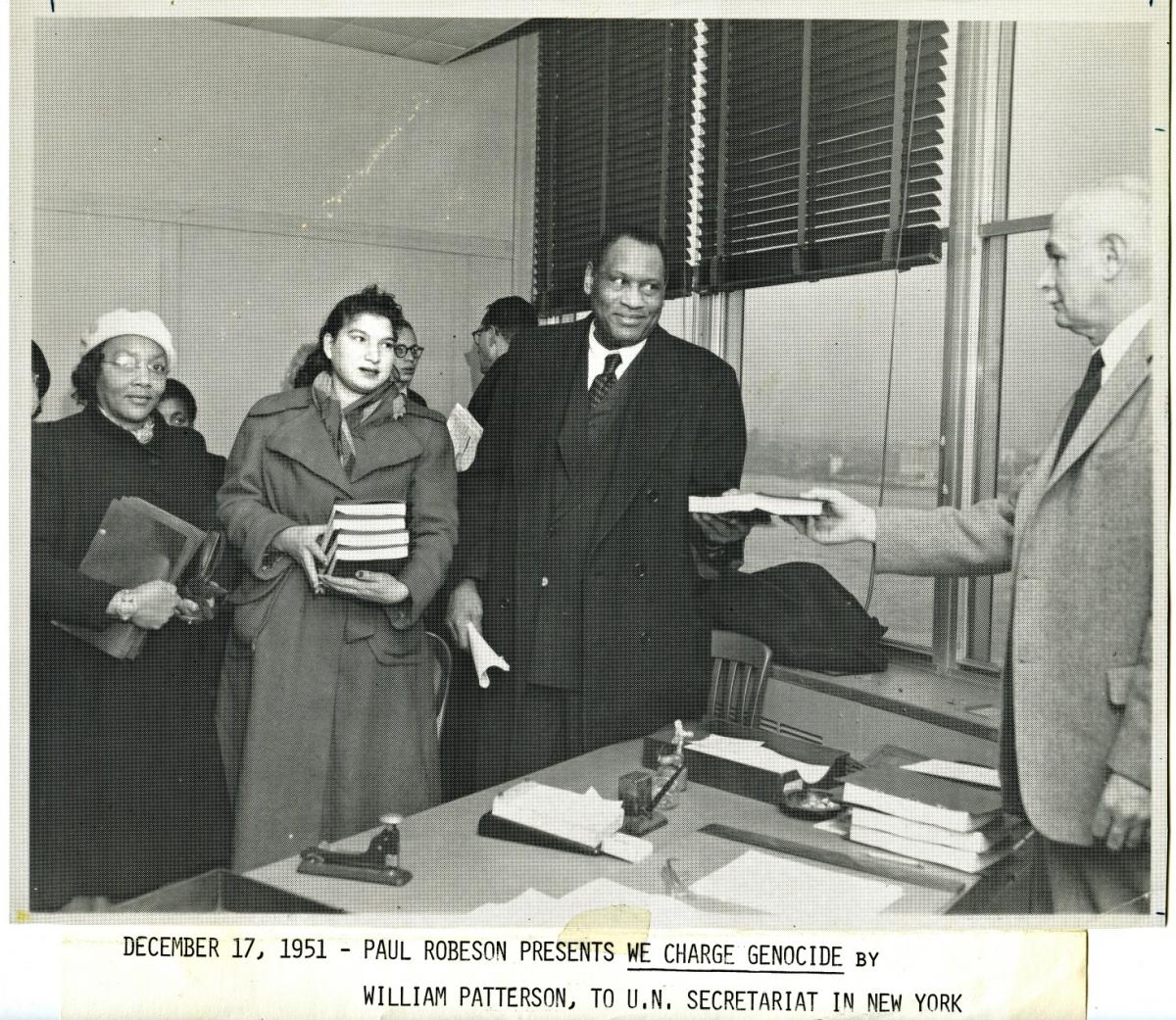
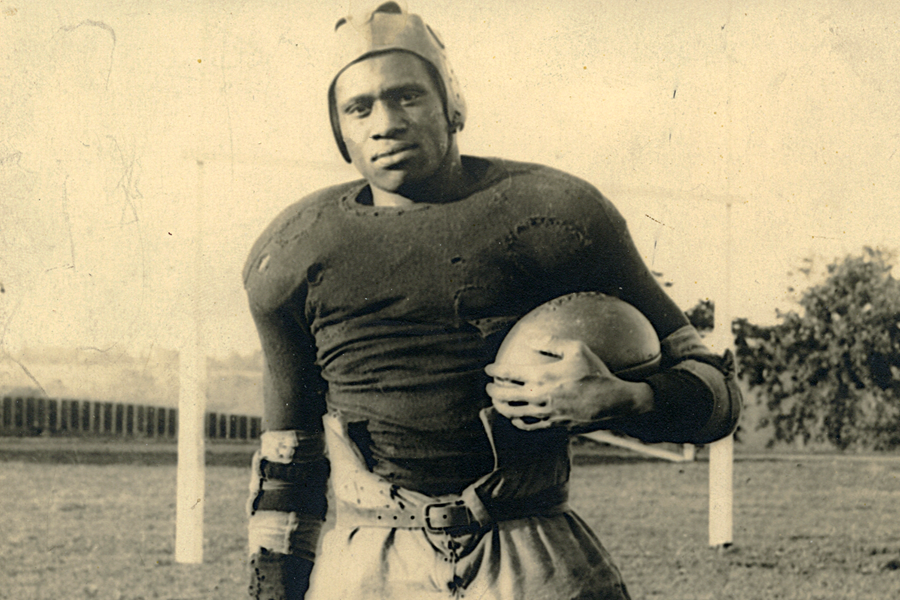
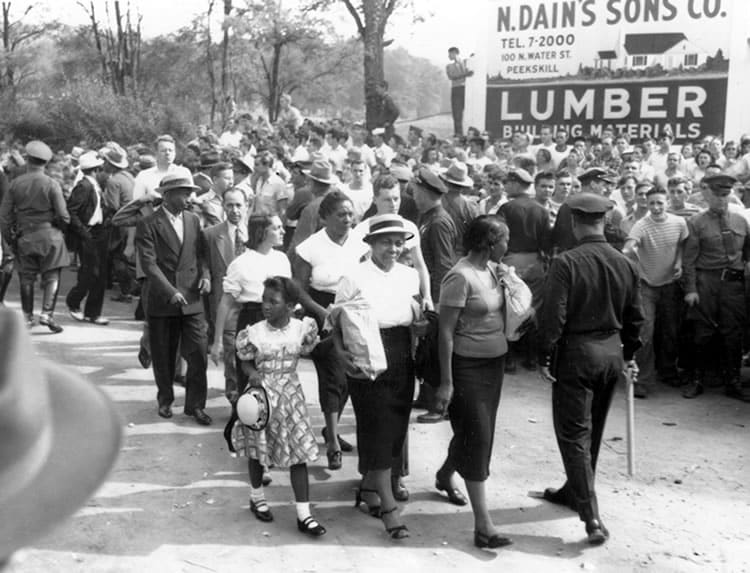





Twitter
Google plus
LinkedIn